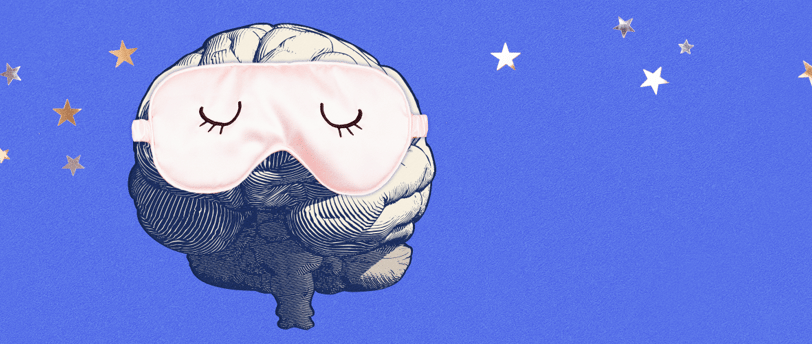Sleep: Your Body’s Most Underrated Healer
Sleep isn't just rest—it's recovery, regulation, and essential repair for both mind and body. In this post, we dive into the science behind why consistent, quality sleep is the cornerstone of wellness, how lack of it affects your health, and what you can do to make it a priority in your self-care routine.
Lucas Benson, RN
4/4/20253 min read


Sleep
One of the more peculiar facets of living is the need for sleep. For a good portion of our lives, we essentially turn off our ordinary, outward-facing conscious attention, and for all intents and purposes, we lay mostly still, with closed eyes, senses out on relative hold, while our brains and bodies regulate the unconscious processes that underlie rest.
Without this ultimate "reset button", the ongoing task of being a living organism would derail rapidly. Our bodies and minds would suffer staggering deterioration as we'd stare wide-eyed and awake at the oncoming disaster of our own demise.
Thus, sleep is as crucial a component of healthy living as any other piece of the self-care puzzle. To be our best, we need enough rest; our health hinges on adequate sleep every night. The regularity of plenty of sleep is paramount. While this laurel of the living has been stressed enough to become a cliche, the modern lifestyle seems bent on thwarting any would-be sleepers. But by making sleep a priority for our self-care, we have the necessary bedrock to heal and be healthy.
The Good
Sleep occurs in levels, and we cycle through these levels multiple times each night. The brain and the body use this time for an immense number of processes that are vital for the daytime, waking life.
Our bodies build up a desire for sleep much the same as we develop hunger for food. This points to the deep necessity of our need for the upkeeping and maintenance that occurs during the varying levels of sleep.
The brain requires the processing and reorganizing that occurs when we sleep. With enough sleep, we can process and retain more of what we encounter and learn in our daily lives. Our future recall of what we have learned is also based on consistent quality sleep. The mysteries of what our minds encounter in dreams, and what is exactly occurring when we sleep are vast still, and we are learning more and more, with tons of new studies coming out every year. But the current understanding is that brain health requires adequate sleep, and missing even one night of rest can cause huge deficits in our brain chemistry and healthy functioning.
The body also uses this time to repair and replenish itself and its varying systems. The taxing of the day's physical demands must be given time for the body to process and prepare for the next day's energy. By ensuring enough sleep, our bodies can heal and gain the most benefit from pro-health efforts, such as massage therapy, as well as being prepared to remain free from injury.
The Bad
Without proper sleep, we neglect the major impact that sleep has on our whole being. The laundry list of ailments and injuries that arise from lack of sleep, even as little as a single night's deficit, is alarming. If you suffer from it, you can rest assured that it is dramatically affected by a lack of sleep.
Aside from focused symptoms, lack of sleep is damaging to overall health, such as the immune system. When the immune system is lacking, we are more susceptible to sickness and infection. When we don't get enough sleep, we are not only missing out on much-needed housekeeping but also increasing our vulnerability to the elements in the environment that can make us sick.
And The...Beauty Sleep
The foundations for healthy living fall under that guise for a reason. They are the time-tested (as well as peer-reviewed), true models for the best chance at success in being a healthy human organism. Sleep is as present in this foundation as eating well, hydrating, and getting enough exercise; sleep is simply bedrock for self-care.
The recommendation is for adults to get 7-9 hours of sleep every night. This sometimes feels like an impossibility in today's fast paced world. But if we can make sleep a priority for our self-care routine, we give ourselves the vital base to heal from injury and sickness, and to maintain life in good health. When the alternative leaves us sluggish and sick, injured and foggy, is it really a choice?
Sleep works best in repeated cycles, by committing yourself to developing and maintaining a consistent sleep schedule you can benefit from the build-up of benefits that sleep provides. In this way the brain's natural on/off process, known as the circadian rhythm, works to take us out to sleep and back in a natural dance of consciousness. Through sleep we literally dream our way to better health.
